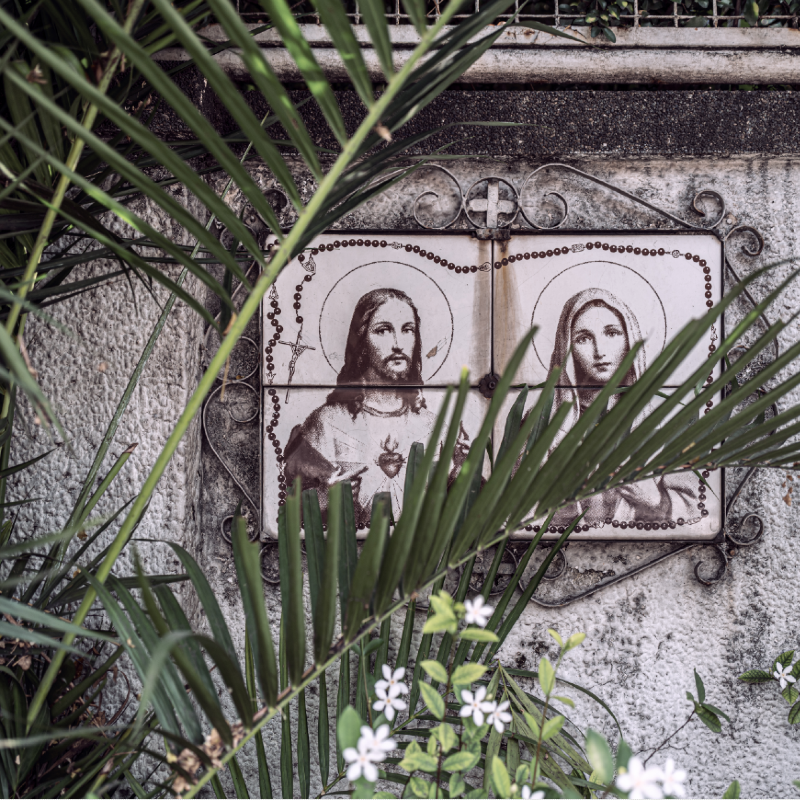Love With Skin on It: A Street Psalms Advent DevotionalExemplo


“As we enter the first week of Advent, we ask for the grace to remain awake to the great miracle of our faith—“The Word became flesh and dwelt among us” (John 1:14). We pray with Isaiah that God would “tear open the heavens and come down” (Isa. 64:1). It is true that our salvation comes “from above” in the sense that it comes from God, but this gift from above is always experienced “from below,” and this is the mystery of the Incarnation.
The Incarnation reveals what has been hidden since the foundations of the world (Matt. 13:35)—that God is always lovingly coming to us in and through the concrete realities of everyday life, even—especially—in the harsh realities. This is the very thing we least expect. As a result, “the world knew him not...and his own received him not” (John 1:10-11).
The world’s blindness should not surprise us. After all, who among us is not surprised by the counter-intuitive, ever-descending Gospel of Jesus? Who is not astonished when Jesus sets up camp in the most unlikely places, and reveals God’s love hidden under layers of fear, guilt, and shame?
The relentless miracle of our faith is that God seems to enjoy sneaking up quietly from behind, revealing himself in the most earthy and natural ways. It was God’s delight to be formed in the darkness of Mary’s womb and be born bitterly yet beautifully like the rest of us. God is born from within our own experience, which is, ironically, the very thing that we find most difficult to inhabit or accept. We are forever running from and neglecting the deepest mysteries of our human lives— missing the truth that our humanness itself bears the gift of our salvation. As Paula D’Arcy observes, God comes to us disguised as our lives. God comes most naturally through broken people and broken places as well as our own broken experience to say, “I am here!” This is the way of the Lord.
To see God above, we must be born from below. God shows us that this is possible in everyday human experience. God becomes real to us in the most natural and unassuming ways that we might learn not only to love God, but to love, trust, and accept our own human lives more fully. God typically resists the spectacular appearance, knowing how prone we are to deny and escape these earthen vessels in favor of some heavenly vision. That is why T. S. Eliot claimed that the Incarnation is always in the “unattended moment.”
Sobre este plano

St. Francis once prayed all night, “God, who are you and who am I?” In many ways the Incarnation is God’s answer to that question and the focus of these reflections. The Incarnation is love with skin on it. It is God’s “yes” to a world that has long since forgotten its belovedness, its blessedness. As you celebrate the Incarnation during this advent season, may you know your own blessedness.
More









